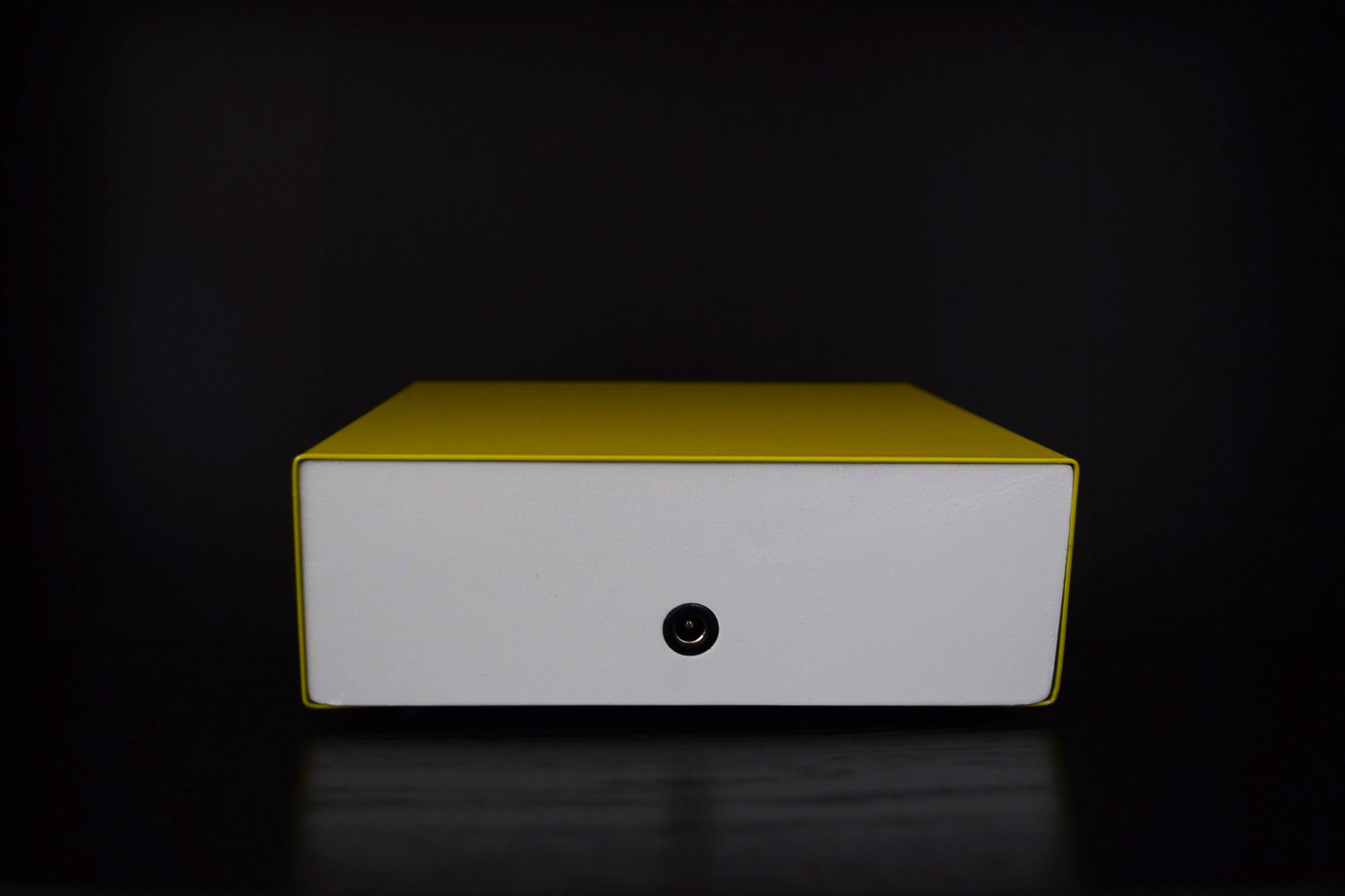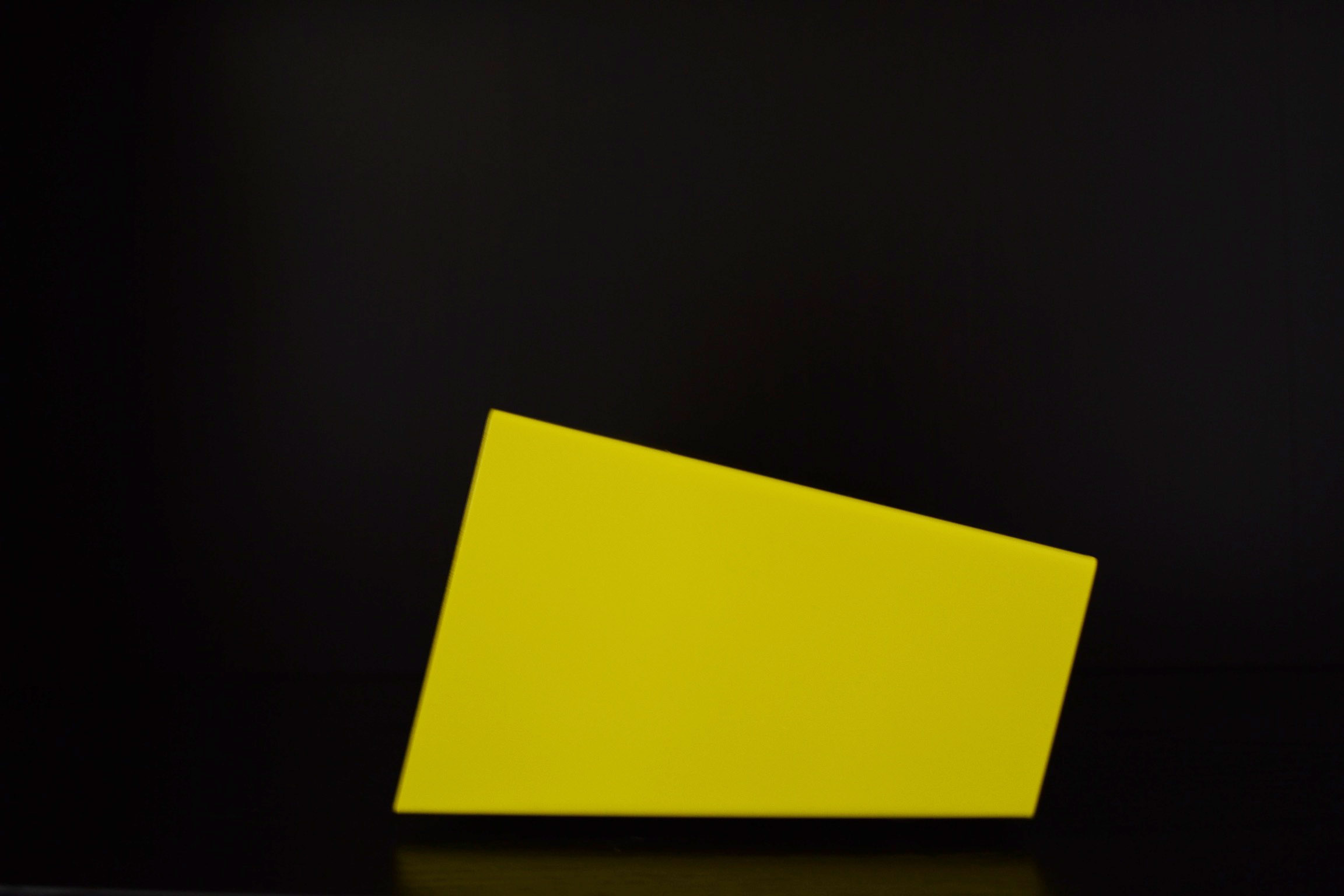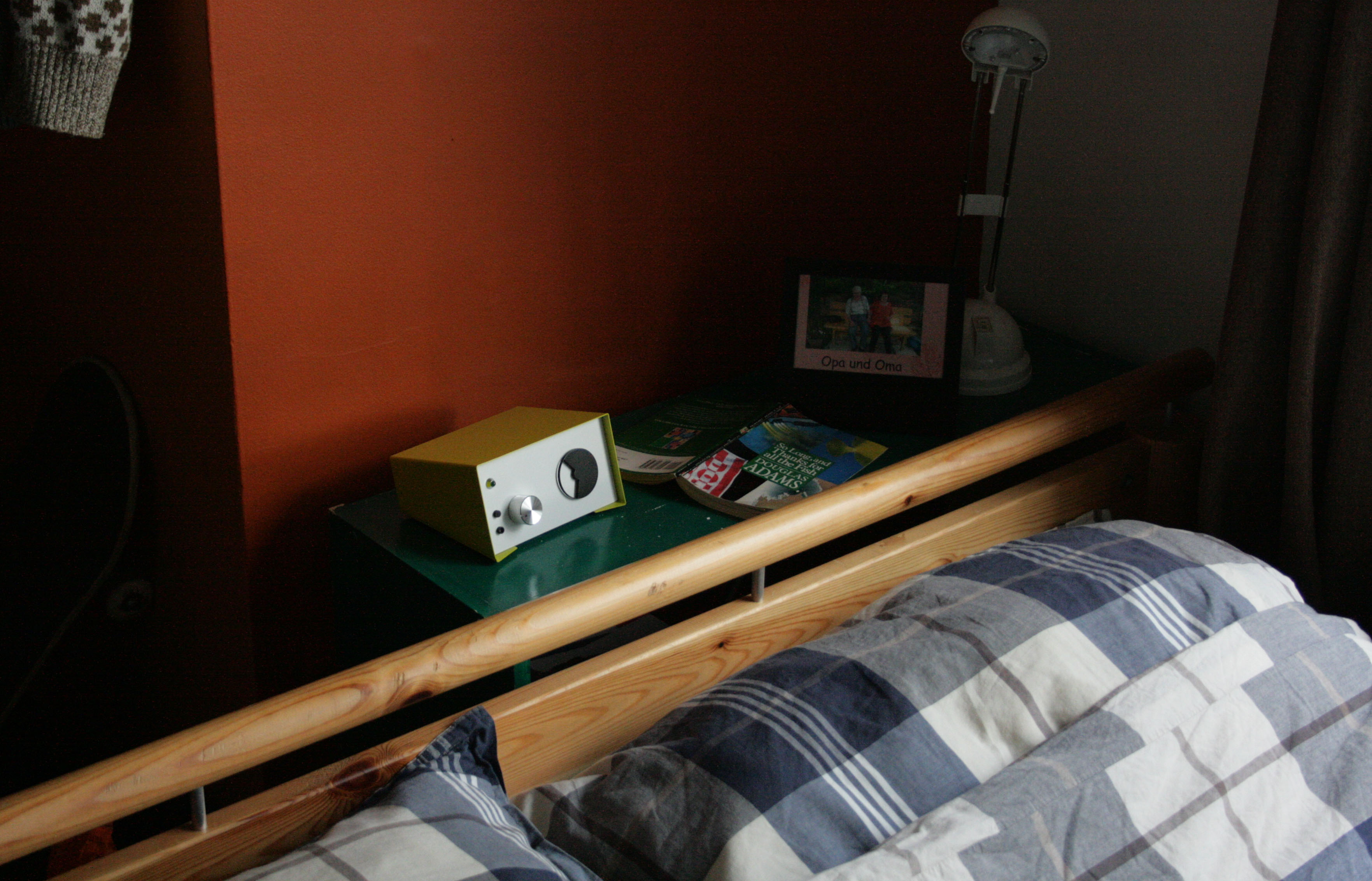7½ is a part of the master graduation project ‘Disrupting Clocks’. You can find more information on this project below.
This alarm clock runs for 7½ hours, the necessary amount of sleep for a young adult. It cares about the amount of sleep, rather then the specific clock-time to wake you up.
Where the conventional alarm clock allows you to set specific times with no concern for the amount of hours you will sleep, this atypical alarm clock has only one knob: turning it on and off. This way, it limits you in your ‘interactive freedom’ (Pierce). The moment of setting the alarm becomes important – if you want to wake up at 7.30 you have to set at midnight – with the intention to trigger reflection on the period of sleep rather than the time of waking and ending your sleep.
To discover the effects of use, the 7½ has been deployed twice. The reflections on use (see video above) give hints about potential long term effects of using 7½, and informed the design of Weekend Alarm.
Disrupting Clocks
Introduction – With the everyday application of technology rapidly increasing through its development in the field of Interaction Design and Human-Computer Interaction its influence on our lives is growing. It enables us to do more, while acting faster and becoming more precise. Not only does the use of artifacts influence what we do and how we do things. Its influence in our daily lives goes beyond that. As artifacts tell us how to act to ‘successfully’ complete our tasks, they imply why we do them like that.
Project Goal – In order to investigate and anticipate technological mediation, I designed two ‘Disrupting Clocks’. These counterfactual artifacts position themselves in the field of research through design. They explore, through a material speculation approach, the ability of explicitly
materializing morality in the design of the (alarm) clock. This work is informed by a post-phenomenological understanding of the role of technological mediation and Verbeek’s concept of materializing morality in design processes.
Project context – We live in a 24/7 society. It promises us everything, everywhere, at any time. It creates the perception that there is no limit and limited time is therefore irrelevant. With this new “timelessness”, our 24/7 society is pushing us into unchartered territory. It created major strides in human productivity but at the cost of time-off, downtime, and even sleep.
Over centuries, humankind has strived to get a ‘grip on time’ by inventing temporal structures like years, weeks, hours, and minutes that manifested themselves through design into calendars, hour glasses, clocks, and alarm clocks (Boorstin). They gave us a multi-dimensionality (Pschetz) to time that allowed for the different paces and rhythms of our everyday lives. Though, as our ability to disrupt ourselves from the endless continuity of time seems to dissolve when time endures for 24 hours a day, 7 days per week, we risk losing our ability to demarcate the start and ending of time periods that once opened us up to different and differently paced ways of living.
This project was supported by 4TU.Federation – Design United



